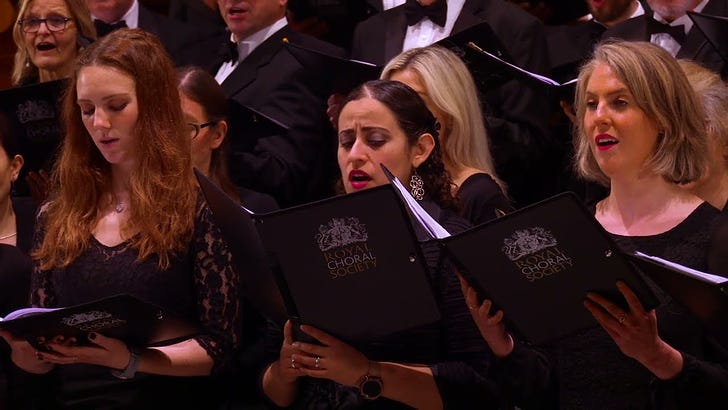I have a hard time letting go of Christmas. And not just because I’m too lazy to take down our tree in a timely fashion. (We once left it up into February.) I love its tastes and traditions, its songs and scriptures so much that I wish Christianity’s shortest season could linger just a week or two longer.
Not that Epiphany doesn’t offer its own joys, but…
Keep reading with a 7-day free trial
Subscribe to The Pietist Schoolman to keep reading this post and get 7 days of free access to the full post archives.



